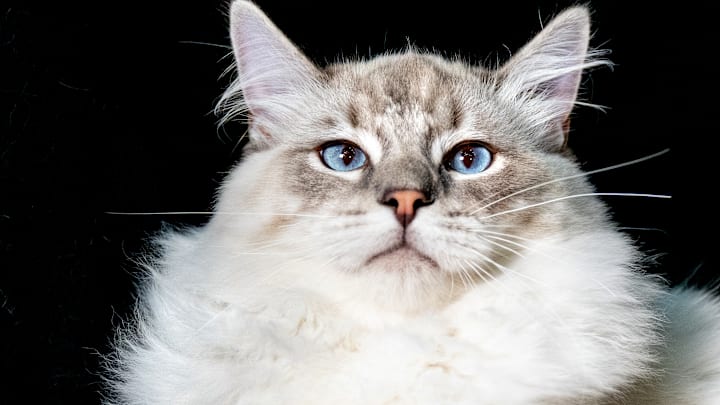As our pets get older, we are often more concerned about the little things. From what they are eating to what they are doing, there are certain activities that will make us worried for our animals. And as cats get older, it can be hard to know exactly what signs to look out for.
Considering our staff cat is over the age of 10, we are always concerned about the things that he is doing. We want our pets to live their best lives, especially in their senior years, and that means knowing what to lookout for in terms of their behavior and any changes to their normal routines and activities.
We asked the experts about what behaviors we should pay attention to when it comes to our senior cat, and they had some answers that actually gave us peace of mind. And hopefully these answers will also give you a bit of comfort as well.
What are some behaviors to watch out for as our cats get older?
We asked both a pet trainer and a cat behaviorist the question of what are some behaviors to watch out for as our cats get older. And each expert came back with things that we should be mindful of when it comes to senior cats and their activities.
"The first sign of illness in cats is almost always a change in behavior. There are so many issues that can impact older cats, but changes in eating habits or litter box behavior are common signs that your cat isn't feeling well. A cat who is hiding more, jumping less, or shows more signs of aggression (e.g., biting, scratching) or hissing are all reasons to call your veterinarian."Dr. Mikel (Maria) Delgado - Rover
Dr. Delgado is a cat behavior expert for Rover who understands how cats act. So this answer actually went a long way to making us feel like our staff cat was doing just fine, even in his grumpy old age.
"As your cat ages, watch for changes in eating, drinking, litter box use, vocalization, grooming, activity, and mobility. Reduction in mobility, activity and easily getting into the litterbox can be signs of significant arthritis, whereas eating less can indicate dental disease or internal organ dysfunction such as kidney disease. Consulting with your vet is encouraged if behavioral changes like these are noted."Dr. Gabre Denton
Dr. Denton is a veterinarian and a pet trainer, so their answer also focused a bit more on the health aspect, which makes perfect sense. These are things we should be paying attention, as it can mean the difference between a cat living their best life of one that is struggling.
Being aware of what your cat is doing and how things may have changed in their behavior is important. And it can mean the difference between a long and healthy life or even getting a chance to stop a problem before it gets worse.
